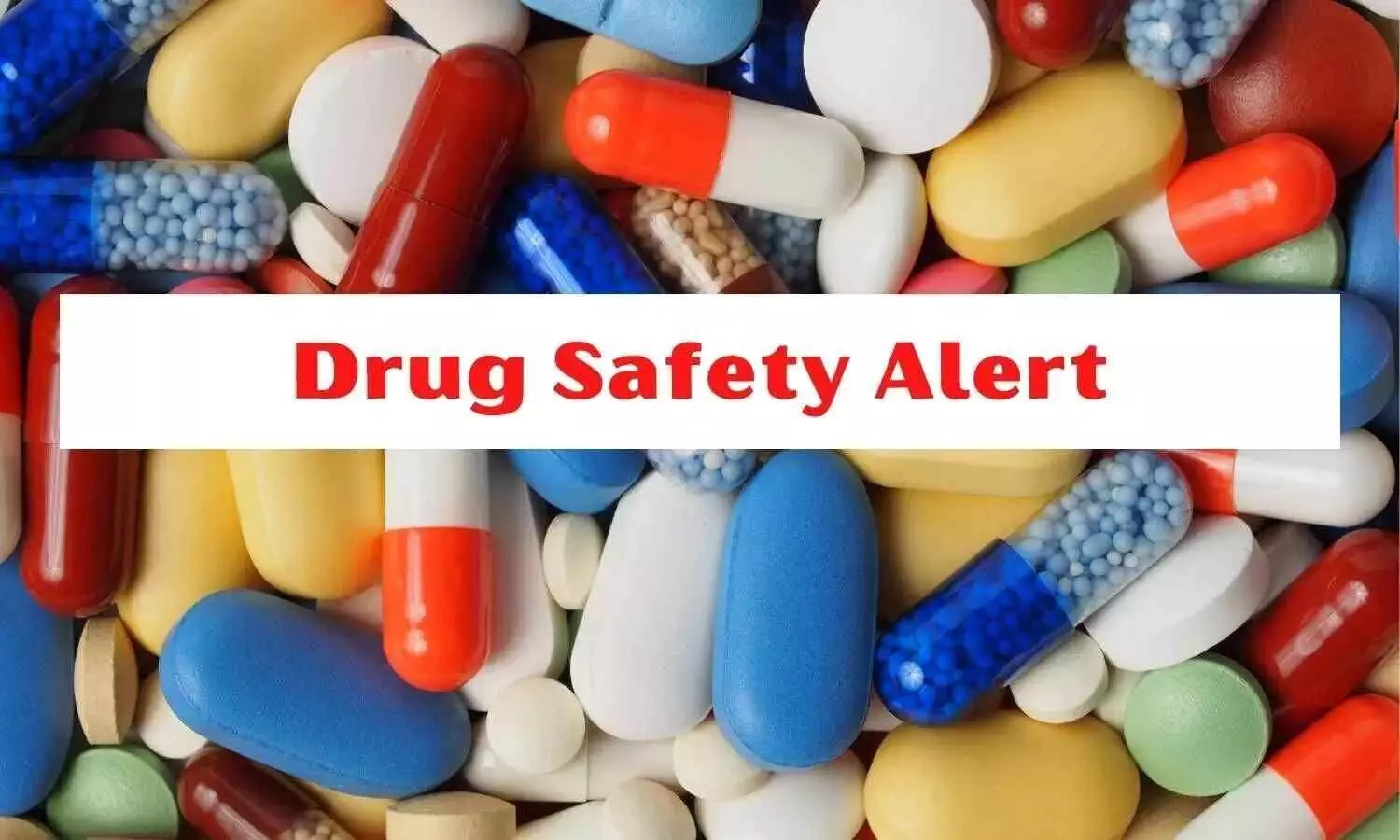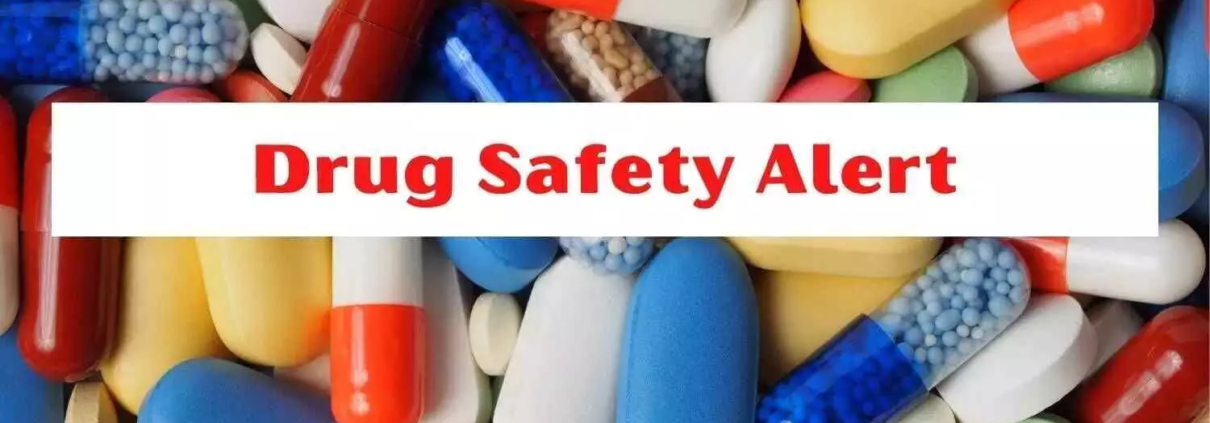Drug Safety Alert: Indian Pharmacopoeia Commission Flags ADR Linked To Vancomycin

New Delhi: The Indian Pharmacopoeia Commission (IPC), through its recently issued drug safety alert for the month of July, has revealed that Vancomycin, a tricyclic glycopeptide antibiotic, is linked with adverse drug reactions (ADRs) named Drug Reaction with Eosinophilia and Systemic Symptoms (DRESS) Syndrome.
In connection with the above, the Indian Pharmacopoeia Commission (IPC) has cautioned healthcare professionals to diligently monitor the potential occurrence of adverse drug reactions (ADRs) when administering vancomycin.
This came after a preliminary analysis of adverse drug reactions (ADRs) from the Pharmacovigilance Programme of India (PvPI) database.
Vancomycin is a glycopeptide antibiotic used to treat severe but susceptible bacterial infections such as MRSA (methicillin-resistant Staphylococcus aureus) infections.
The alert noted that vancomycin is indicated for the treatment of serious infections due to Gram-positive cocci, including methicillin-resistant staphylococcal infections, brain abscesses, staphylococcal meningitis, and septicaemia.
Following the preliminary analysis of adverse drug reactions (ADRs) from the PvPI database, it is reported that vancomycin can lead to Drug Reaction with Eosinophilia and Systemic Symptoms (DRESS) Syndrome.
The Drug Reaction with Eosinophilia and Systemic Symptoms Syndrome presents clinically as an extensive mucocutaneous rash, accompanied by fever, lymphadenopathy, hepatitis, hematologic abnormalities with eosinophilia, and atypical lymphocytes.
Now, as per the issued drug safety alert, the following suspected drug is associated with the ADR, as given below:
|
S. No. |
Suspected Drug |
Indication |
Adverse Drug Reaction |
|
1 |
Vancomycin |
Treatment of serious infections due to Gram-positive cocci, including methicillin-resistant staphylococcal infections, brain abscesses, staphylococcal meningitis, and saepticemia |
Drug Reaction with Eosinophilia and Systemic Symptoms (DRESS) Syndrome. |
In light of the above, the Indian Pharmacopoeia Commission, Ministry of Health & Family Welfare, has advised healthcare professionals, patients, and consumers to closely monitor the possibility of the above ADRs associated with the use of the above-suspected drugs.
Further, the safety alert added, “If such reaction is encountered, please report to the NCC-PvPI, IPC by filling out Suspected Adverse Drug Reactions Reporting Form/Medicines Side Effect Reporting Form for Consumer (http://www.ipc.gov.in), through Android Mobile App “ADR PvPI App” and PvPIHelpline No. 1800-180-3024 (Toll-Free).”
To view the official notice, click the link below:



